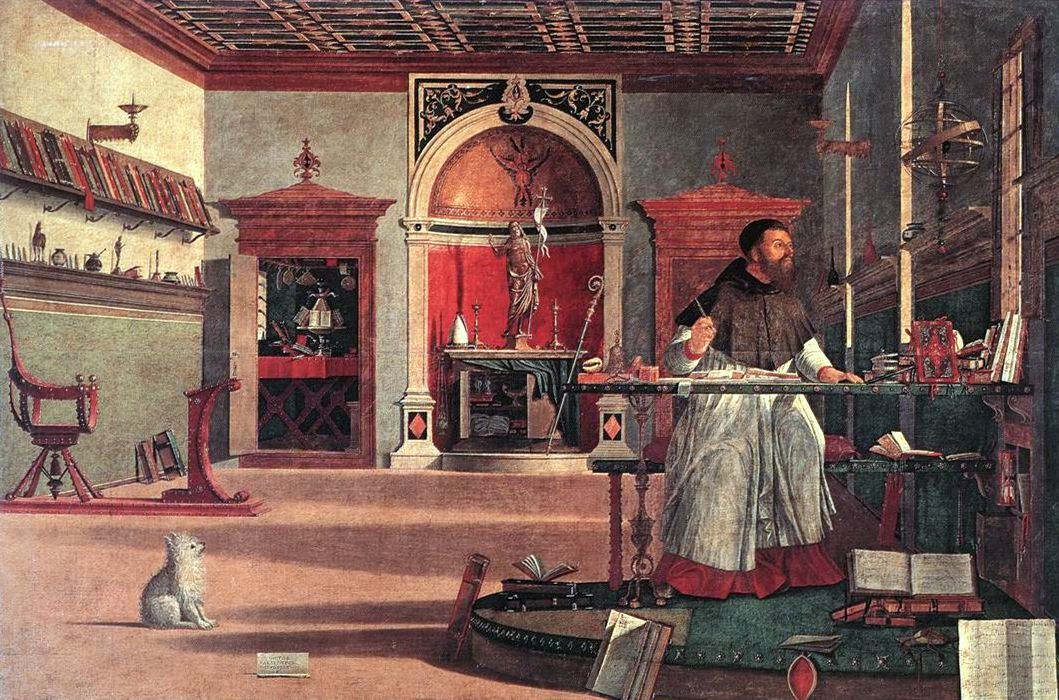Augustine was a bishop, priest, and father who remains a central figure, both within Christianity and in the history of Western thought, and is considered to be the first medieval man and the last classical man.
In both his philosophical and theological reasoning, he was greatly influenced by Stoicism, Platonism and Neo-platonism. He had influence as a theologian and thinker and influenced St. Thomas Aquinas, Protestant reformers and modern-day Ministers and authors.
He also wrote numerous works (books, letters and sermons). One of his books is called 'Confessions'. Augustine ruminates herein on the nature of time, asking, "What then is time? If no one asks me, I know: if I wish to explain it to one that asked for, then I do not know." He begins to define time by what it is not rather than what it is, an approach similar to that taken in other negative definitions.
However, Augustine ends up calling time a “distention” of the mind (Confessions 11.26) by which we simultaneously grasp the past in memory, the present by attention, and the future by expectation. |
